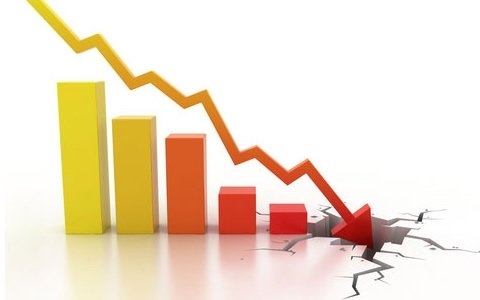
Ghana’s high debt burden, reduced debt affordability and large gross borrowing requirements are among the key credit constraints reflected in its B3 rating with a negative outlook, Moody’s Investors Service says in its annual Credit Analysis for the Government of Ghana published today.
The concurrence of economic headwinds and adverse commodity export developments amid a sustained depreciation of the domestic currency against the US dollar increase the risk that Ghana’s adverse debt dynamics will persist.
“Ghana’s debt affordability is among the weakest of all the sovereigns that Moody’s rates, with annual interest payments amounting to almost a third of revenues in 2014,” said Elisa Parisi-Capone, Assistant Vice President — Analyst and a co-author of the report.
“Ghana’s fiscal consolidation efforts are taking place in the context of a slow growth environment which dampens revenue generation capacity.”
Ghana’s government debt ratio reached an estimated 67.7% of GDP in 2014, from 54.8% in 2013, driven by a large fiscal deficit of 9.4% in 2014, high domestic interest rates and the weakening of the local cedi currency against the US dollar.
The ratings agency’s assessment of Ghana’s institutional strength balances its strong record of democratic governance and political stability against public financial management challenges in form of arrears accruals and deficit monetization over the past few years. That said, first quarter 2015 budget execution data are well within target.
Moody’s expects Ghana’s real economy to grow below potential until 2017, before picking up thanks to new oil production from the TEN oil field and as the government tackles structural imbalances guided by the recently-signed IMF Extended Credit Facility.
Delays in fiscal consolidation and a sustained fall in oil or gold prices that further weakens fiscal revenues and export receipts could put downward pressure on Ghana’s sovereign rating. Further pressure on the rating could stem from a failure to resolve the country’s ongoing energy shortages or a sustained loss of market access.
The outlook on Ghana’s sovereign rating could return to stable if accelerated and sustained fiscal consolidation were to stabilize the government’s debt burden and improve affordability.
Further positive factors would include stronger inflows of foreign direct investment as a source of funding for power and infrastructure improvements and a strengthening of Ghana’s foreign exchange and fiscal reserves.
Source: myjoyonline.com


